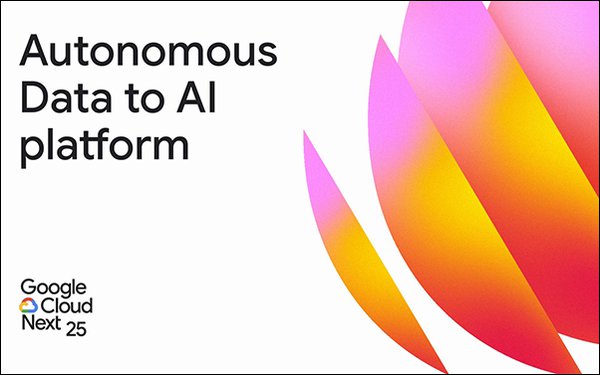
Google at its Cloud Next conference today
announced a data model that allows companies to run its Gemini artificial intelligence (AI) models in their own data centers.
This cloud service is for companies and brands that want to use
Google’s cloud technology while retaining control of their data. Early access will begin during the third quarter of 2025. The cloud service comes with many variations in a slew of
announcements.
At Google Cloud Next, Google unveiled a new AI accelerator chip called Ironwood TPU and an AI model called Gemini 2.5 Flash, and opened its 2-million-mile global fiber
network to customers with Cloud WAN, along with AI innovations and updates to Google Workspace.
advertisement
advertisement
Google Cloud also
announced with Nvidia a collaboration to bring agentic AI to enterprises that want to locally use the Google Gemini family of
AI models.
The partnership means using the Nvidia Blackwell HGX and DGX platforms and Nvidia Confidential Computing for data safety.
With the Blackwell platform on Google Distributed Cloud, on-premises data centers remain aligned
with regulatory requirements and data sovereignty laws by locking down access to sensitive information, such as patient records, financial transactions and classified government information.
Nvidia Confidential Computing also secures sensitive code in the Gemini models from unauthorized access and data leaks.
The use of AI demands electricity and zero impact from any outages.
AI foundation model training, fine-tuning and inferencing are intensive processes that rely on reliable Tensor Processing Units and Graphics Processing Units. Any prolonged outage will
become disruptive.
"In other words, network disruptions are simply unacceptable — our customers expect always-on connected network capacity," Bikash Koley, vice president for
global networking and infrastructure at Google Cloud, wrote in a blog post published Wednesday.
He insists AI models and the data they are trained on must be protected to ensure their
integrity. In addition, there are evolving compliance requirements for AI models from different regions and for data in transit.
Koley also walked through the history of Google's cloud
services, from supporting cloud workloads to search queries to streaming YouTube videos -- all within the past 25 years.
The pivotal moment in today's society, driven by the
transformative power of AI, requires stronger networks to meet the challenges and opportunities of the AI era.
Koley also linked to an explanation that supports the evolution of Google’s global network, from
enabling the early days of web search to all powers demanding AI workloads.